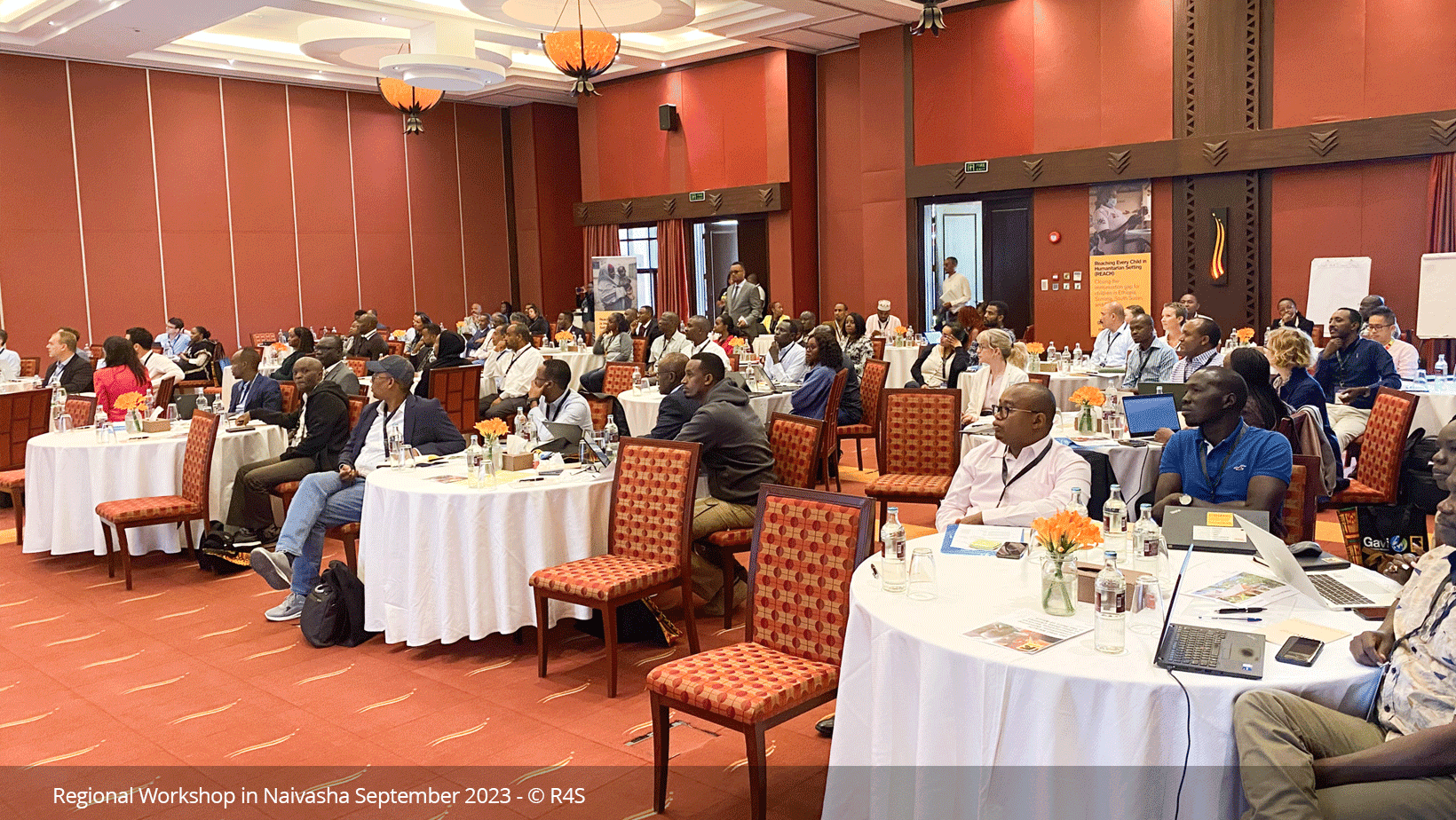Regional Workshop in Naivasha, Kenya, aims to boost immunization for Zero-Dose Children in the Horn of Africa

A significant regional workshop gathering key stakeholders dedicated to addressing the challenge of immunizing zero-dose children living in fragile and conflict-affected settings in the Horn of Africa took place in Naivasha, Kenya, from September 4th-8th, 2023. The event was organized by the Gavi funded Zero-dose Immunization program Horn of Africa /REACH Consortium, led by the International Rescue Committee (IRC).
This innovative Gavi funded program has two branches – one working in the Horn of Africa, and the other in the Sahel region of West Africa. The work in the Sahel region is led by World Vision and takes place in 7 countries – Burkina Faso, Central African Republic, Chad, Cameroon, Mali, Niger, and Nigeria.
This workshop served as a dynamic forum, bringing together consortium members, alongside various vital stakeholders including representatives from Gavi, WHO, USAID, the Bill and Melinda Gates Foundation, UNICEF, and the Ministries of Health of the respective countries. The primary goal was to foster a collaborative environment for sharing invaluable experiences, lessons learned, innovative strategies, and cutting-edge approaches to reach the most remote and underserved Zero-Dose Children (ZDC). The Consortium is dedicated to advancing immunization initiatives for the hardest to reach populations including refugees, displaced people and pastoralists living in the Horn of Africa – Ethiopia, Somalia, South Sudan, and Sudan – as part of its commitment to the Zero-Dose Immunization Program.
To encourage this culture of collective and mutual learning, Amy LaTrielle, Gavi Director
of Fragile and Conflict Countries, called on everyone, from project teams to states, to join in the effort to identify and collect lessons learned that will help improve immunization approaches for communities in need, “Gavi is counting on all the participants in this workshop, and on everyone in the country, to help us understand what is holding back immunization in this context… we need to go further. We want to understand the <<WHY>>. We want to understand this collectively so that we can solve the real challenges.”
